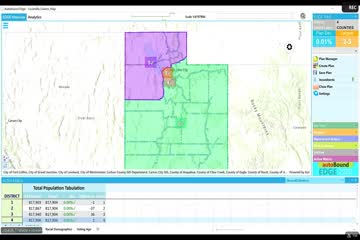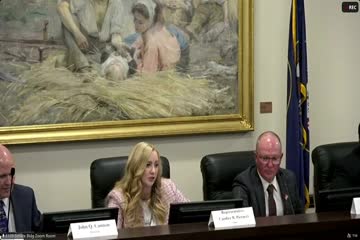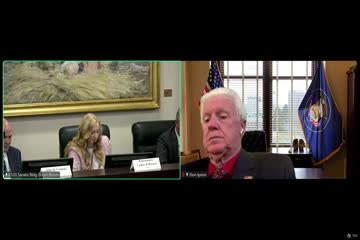Article not found
This article is no longer available. But don't worry—we've gathered other articles that discuss the same topic.

Public comment at Utah redistricting meeting: calls for fairness, transparency and rural representation

Minority members present alternate map and question partisan-symmetry testing and datasets

